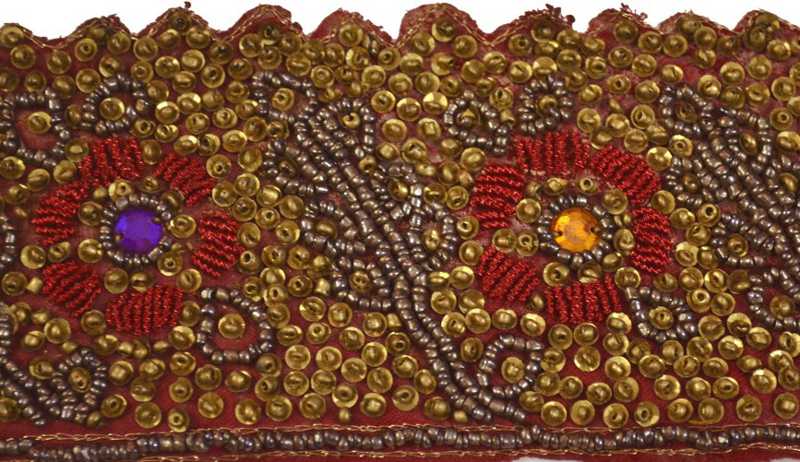===
0293,
7
===

=== |
 |
soḳhtah : 'Burnt, scorched ... ; —s.m. A slow match; tinder; a brand, torch; firewood, fuel'. (Platts p.695)
jazā : 'Repayment, requital, return, retaliation, satisfaction, compensation, amends; reward, recompence'. (Platts p.381)
FWP:
SETS == BHI
MOTIFS == DOOMSDAY; NIGHT/DAY; PERSONIFICATIONS
NAMES
TERMSSRF has pointed out the small elegant touches: the two possibilities of requital ('vengeance' on the aggressor vs. 'compensation' to the victim), the opposition of 'night' and 'day', the multivalence of soḳhtah ('burnt', 'burnt-out', 'kindling', 'firewood'), the possibilities of bhī .
What leaps out is that 'now'. Why 'now'? Now that the lover is so doomed and wretched already that he won't last long? Now that the beloved is irrevocably gone? Now that the lover has nothing left to lose?